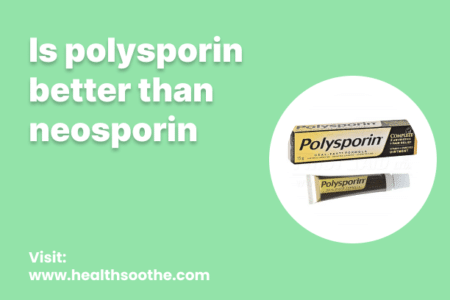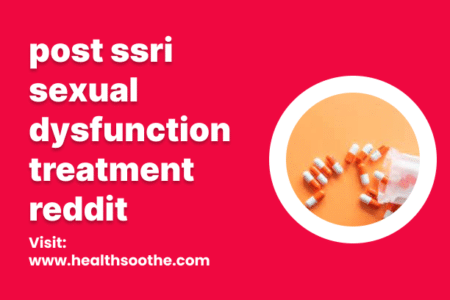Recovery doesn’t end when someone leaves an alcohol or drug treatment centers. It can take the brain a very long time to readapt to not needing drugs and alcohol following the initial withdrawal phase. While many will make a full recovery after months or years away from drugs, others may find staying clean to be a lifetime struggle.
Thankfully, a growing number of alternative therapies and techniques may help stem cravings that come with long-term drug use. Recently, volunteering has grown in popularity as a way to improve mental health, and it can likely help with recovery from substance use disorders as well.
While there has long been anecdotal evidence about the benefits of doing volunteer work, a few recent scientific studies have started to add credence to those claims. Here are just a few of the benefits recovering individuals can expect from doing a bit of volunteer work.
1. It helps recovering individuals use up their pent-up energy
As their minds and bodies start to heal, people recovering from drug or alcohol detox use disorders will often have anxiety and restless energy. Addiction recovery programs often have such tightly-packed schedules for this very reason. The more that a patient is occupied, the less likely they are to act on their compulsions to consume alcohol. This also has the benefit of buying more time for their brain to heal.
While restlessness does become less of an issue with time, many recovering individuals find that that it never really goes away. This can be dangerous as relapses are likely to happen when an individual feels bored or anxious.
Engaging in volunteer work can help soak up this anxious downtime and help recovering individuals channel this energy into something productive. Volunteer work can be especially beneficial if the individual is not yet able to find full-time work or if they find that their current job is not quite enough to bleed off this energy.
2. Volunteering expands one’s social network
Substance use disorders will often result in feelings of isolation. Recovering individuals who feel lonely may want to meet up with old friends who still use drugs and alcohol, increasing the chance of a relapse.
Volunteering can relieve those negative emotions by allowing one to connect with others on a meaningful basis. By having connections outside of one’s old circle, people recovering from long term drug and alcohol use have an opportunity to break free from old patterns while enjoying the camaraderie and common purpose that most people need to be mentally healthy.
3. It can help put substance use disorders into perspective
It takes time and real-world experience to learn about oneself. It is completely normal for recovering individuals to initially have doubts about themselves or their purpose for recovery. Many may even start to miss using drugs or alcohol.
However, these thoughts will tend to pass and become less compelling to the recovering individual. The key is to safely give oneself time and distance from one’s drugs of choice. Doing volunteer work can provide both of these things and help one heal and reflect on past substance misuse.
With time, proper counseling, and help from qualified therapists, the recovering individual’s brain can start to heal and form new pathways that do not rely on drugs and alcohol.
4. It’s an opportunity to pursue previous interests
Most people with substance use disorders set aside old hobbies and interests to make way for their drugs of choice. As we brought up in the first point, the first few months and years of recovery can be especially difficult if the recovering individual has nothing to occupy their time with.
Volunteering for something related to your old passions can be an excellent way to keep motivated. It can also strengthen one’s confidence and sense of self, which are both important for a sustainable recovery.
5. There is evidence it can improve mental health
Volunteering can create of sense of accomplishment and positivity that could help depression and anxiety symptoms common among recovering individuals.
This isn’t just an educated guess either. A 2020 study on volunteer work published in the Journal of Happiness Studies found that volunteer work led to feelings of well-being. This can be especially crucial for recovery, as becoming “hooked on helping others”, can be a sustainable way of keeping off drugs and alcohol in the long-term.
Summary
Recovery from long-term drug and alcohol use is a highly-individualized process, and there’s no guarantee that volunteering will help everyone trying to stay clean. However, the science, for now, seems to say that it’s worth a shot.
However, just because studies show that there is evidence that volunteering can help, it does not mean that it is a substitute for complete rehabilitation. If you feel that you or someone you know might have a substance use disorder, contact a qualified psychiatrist immediately to discuss your options.





